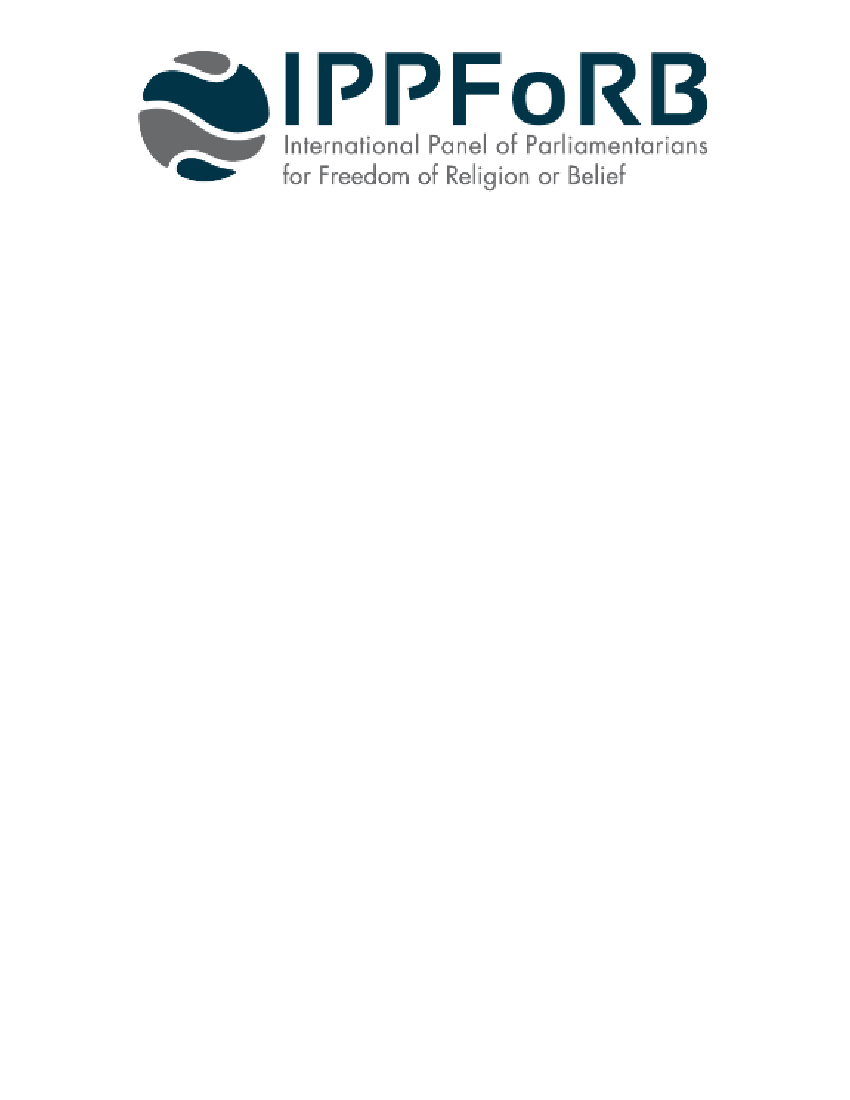
STRATEGIC PLAN
2016-2019
The challenge
1. 75% of the global population live in countries restricting the free and peaceful practice of
religion. Violations are perpetrated by either state or non-state actors, and sometimes
both in conjunction with each other, against individuals and entire faith communities for
not following the ‘state’ or ‘official’ religious belief or simply adhering to/following the
‘wrong’ belief. Abusive governments and extremist groups increasingly prevent
individuals from practicing their faith through violence or repression.
2. This prevalence is more than just a human rights problem - it affects national and
international security as well as wider humanitarian concerns. Situations of religious
repression breed instability and foster extremism, generate refugee flows and mass
migrations, while threating other fundamental rights including freedom of expression,
association and assembly.
3. The perpetrators of severe violations of religious freedom and religious persecution are
increasingly networked. Authoritarian governments often share “best practices” in
repression and protect each other in international bodies like the United Nations.
Extremist groups are developing transnational linkages, be it groups pledging allegiance
to ISIS or Burmese Buddhist monks sharing their tactics with Buddhist extremists in Sri
Lanka and Thailand.
The response
4. As these challenges go beyond the capabilities of any one government or organization, a
new international effort is being developed to meet the growing enormity of the task.
Parliamentarians from around the world have created a new network to leverage their
collective political capital to advocate against religious persecution and to advance
freedom of religion or belief for all.